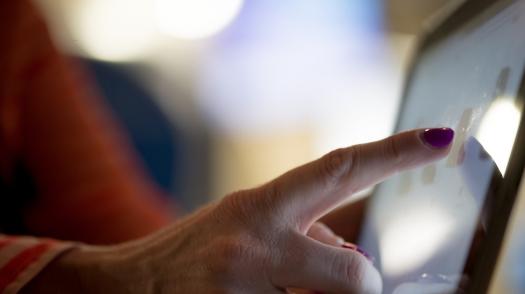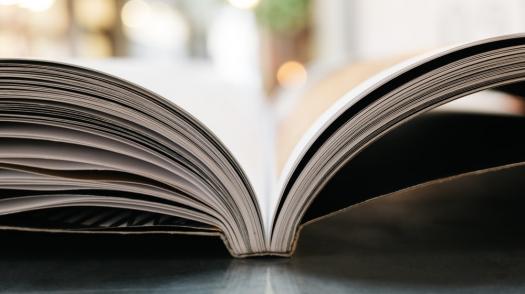
Behaviour changes and acquired brain injury
Our guide to how behaviour can be affected by an acquired brain injury.
At age seven Rhodri was misdiagnosed as ‘not’ having an ear infection; the infection went on to cause a brain abscess on the temporal lobe. Mum Clare shares their experience.
Published: July 2018. Date of brain injury: February 2017 (child aged 7 years).
When we were first given the news that Rhodri had a brain abscess my first thoughts were grief, inadequacy, fear and confusion.
When we took Rhodri to the GP with ear pain, we were told that there was no ear infection, just ‘inflammation’. It seems that Rhodri had been misdiagnosed and probably did in fact have an ear infection. The infection then went through the mastoid bone and skull and entered the brain to form an abscess on the temporal lobe.
We left the hospital two weeks after his surgery, but continued with his IV antibiotics with the help of community nurses for another four weeks. No-one even mentioned the possibility of an acquired brain injury to me.
I thought for several months that I was going mad as I barely recognised my child. A school teacher who had noticed changes in Rhodri then spoke to SENCO who arranged for specialists to be involved.
We have received lots of help but it has been, and continues to be, a long road.
Rhodri has seen occupational therapists, speech and language therapists, specialists from The Children’s Trust and clinical psychologists. We are fortunate that all of these professionals have been amazing.
There are still more tests to go but so far Rhodri has recognised difficulties with processing emotion, writing, co-ordination, sensory processing and disinhibition.
I have found training courses to be really useful, particularly with regard to sensory processing issues.
We are now at the point of applying for an EHCP (Education, Health and Care plan). This is difficult as although you know that an EHCP is an invaluable thing to obtain for a child, it can be hard to accept that your child who was fine before, now needs a statutory document outlining the support he needs in school to fully access his education. Your heart breaks for them.
As a family we’re going to have counselling to adapt to the enormous changes in Rhodri and the altered dynamic within our family. I think this will be particularly beneficial to our youngest daughter, who has struggled to adapt, understandably as she was only four at the time of the injury to her brother.
Rhodri has managed remarkably well at school considering his ‘significant’ brain injury. His school have been wonderful.
The biggest problem is the time it takes to access the help. In the meantime you are left floundering!
A lot of people look at Rhodri and think nothing is wrong. That saddens me as they expect things from him that he cannot provide.
Also, when his behaviour is not ‘normal’ they think he is naughty. I realise that a lot of people have no idea what an ABI is. There is a lot of confusion around it.
Parents need a lot of support and also a break from their child. Anything that can facilitate that is an enormous help.
I think time also helps you cope emotionally and also accessing online support forums so you don’t feel so isolated. I think counselling should most definitely be sought. The Clinical Psychologist pointed that as a family we had endured a ‘traumatic’ event. Our son nearly died and returned to us much changed.
I’m scared for the future as Rhodri cannot control his temper or physicality, and as he gets bigger and stronger I worry what situations this may lead to.
I worry that he will be frustrated, and depressed by his limitations as he is very well aware of them. I just want him to be happy and have good self-esteem.
It will get better. You will adjust. Be kind to yourselves as parents and gain as much knowledge as you can in order to educate yourselves but also more importantly, others.
There is no quick fix. It takes time. Sometimes there might be rapid improvement then any improvement might plateau for some time. Try to remain positive.
You aren't alone; there are lots of us out there experiencing similar feelings and dealing with similar issues.
No one is an expert on ABI and your child – as each child and situation is unique. We are all learning together.
Even though sometimes you may feel like you don’t know your child, or even like them sometimes, you love them. You are their best advocate and you do in fact know them better than anyone. Keep going.

Our guide to how behaviour can be affected by an acquired brain injury.

This section looks at the way acquired brain injury can affect the rest of the family.

Our series of free books and resources aimed at children and families (P&P costs only).